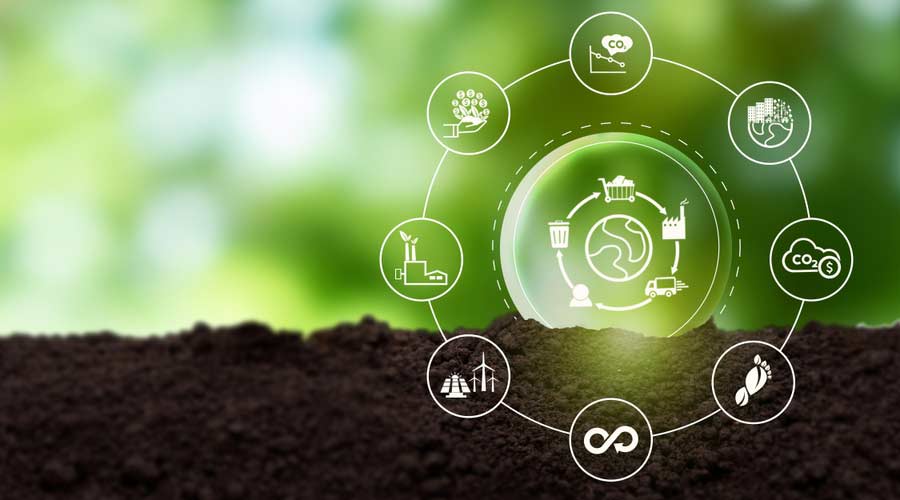
Contributed by The Ashkin Group
A new survey by Deloitte Consulting LLP, published in the Harvard Business Review, concludes we are about to see a significant shift in consumption patterns.
That shift: Consumers will consider sustainability a baseline requirement (italics added) when purchasing goods and services. The report gave three reasons for this:
1. Sustainability promotes trust, which drives purchasing behavior.
2. Trust, humanity, and transparency, key components of sustainability, are very important to younger generations.
3. Younger generations will soon have the most purchasing power in the U.S. Younger people are far more focused on sustainability than their parents before them.
"Companies that understand these trends and create truly sustainable brands [and] make good on their promises to people and the planet, will seize advantage from brands that do not,” report the researchers.
The survey involved more than 350,000 U.S. customers aged 18 to 98. Among the other findings were the following:
· When Gen Z and Millennial customers believe a brand cares about the planet, they are 27 percent more likely to purchase from that brand than older generations.
· When consumers rate a brand highly on humanity, Gen Z and Millennial customers are 15 percent more likely to purchase from that brand than older generations.
· Transparency is also more important to Gen Z and Millennial customers. They are 30 percent more likely to purchase from highly transparent brands than older generations and 20 percent more likely to choose these brands over their competitors.
The researchers defined humanity as "an organization's values and respect for everyone, regardless of identity, background, or beliefs. It takes care of its employees and puts the good of society and the environment above pure profit-making."
Transparency was defined as "making it easy for consumers to find straightforward information about a brand's impact on communities and the environment."
But according to Steve Ashkin, the leading advocate for sustainability in the professional cleaning industry:
“I don’t see this as a tipping point but more of a milestone. Every two or three years, we see sustainability and all its components become more important in our lives. The big change I see is that it is happening faster and faster.”

 The Down and Dirty on Cleaning in Virus Season
The Down and Dirty on Cleaning in Virus Season How Surfactant Use is Expanding in Commercial Cleaning
How Surfactant Use is Expanding in Commercial Cleaning